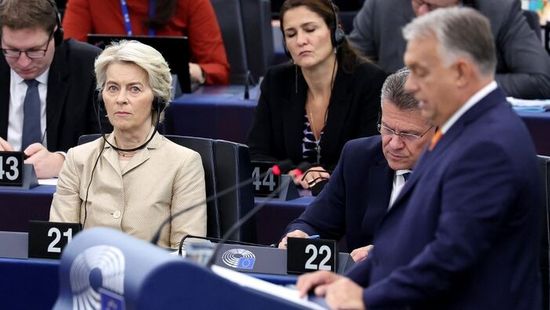„Just as the economic crisis exposed problems in the Greek economy, it also exposed weaknesses in the euro’s institutional framework. Restoring confidence will require strengthening that framework. A task force headed by EU President Herman Van Rompuy is scheduled to offer concrete proposals to do so by the end of this year. And in June, the ECB released its own recommendations: stronger independent surveillance of the budgetary policies of the member states with more automatic implementation of sanctions; improved surveillance of country competitiveness to ensure that member states continue to converge economically; and a crisis management structure with strong conditionality to support countries that implement adjustment programs. We acknowledge that it will not be possible to expel member states that fail to comply with EU budgetary guidelines, so such a threat would ultimately not be credible.
The EC and the European Parliament have also called for the creation of three financial supervisory authorities (the European Banking Authority, the European Insurance and Occupational Pensions Authority, and the European Securities and Markets Authority) and a regulatory authority (the European Systemic Risk Board). Because the economies of the eurozone are so interconnected, eurozone-wide supervisory and regulatory authorities are necessary. They would have the discretion to press national governments to remedy problems and would be independent enough to act preemptively, without having to wait for a crisis to galvanize politicians to action. Some may dislike the idea of giving international bodies the power to constrain national economic policy. But financial contagion spreads too quickly, and European taxpayers have had to pay for the failures of other countries too often, for the current system to remain.
Forecasting the euro’s demise was premature. The EU and eurozone countries were able to respond to the financial crisis with appropriate corrective measures: many countries adopted strong fiscal adjustment packages; eurozone countries have announced, and in some cases already implemented, unprecedented structural reforms, not least of which was their joint decision to coordinate and publish the results of their bank stress tests; the new European Financial Stability Fund has been established and can be used to support other eurozone countries in distress, and a task force on reform will offer and approve concrete proposals to strengthen eurozone governance by the end of the year.”

